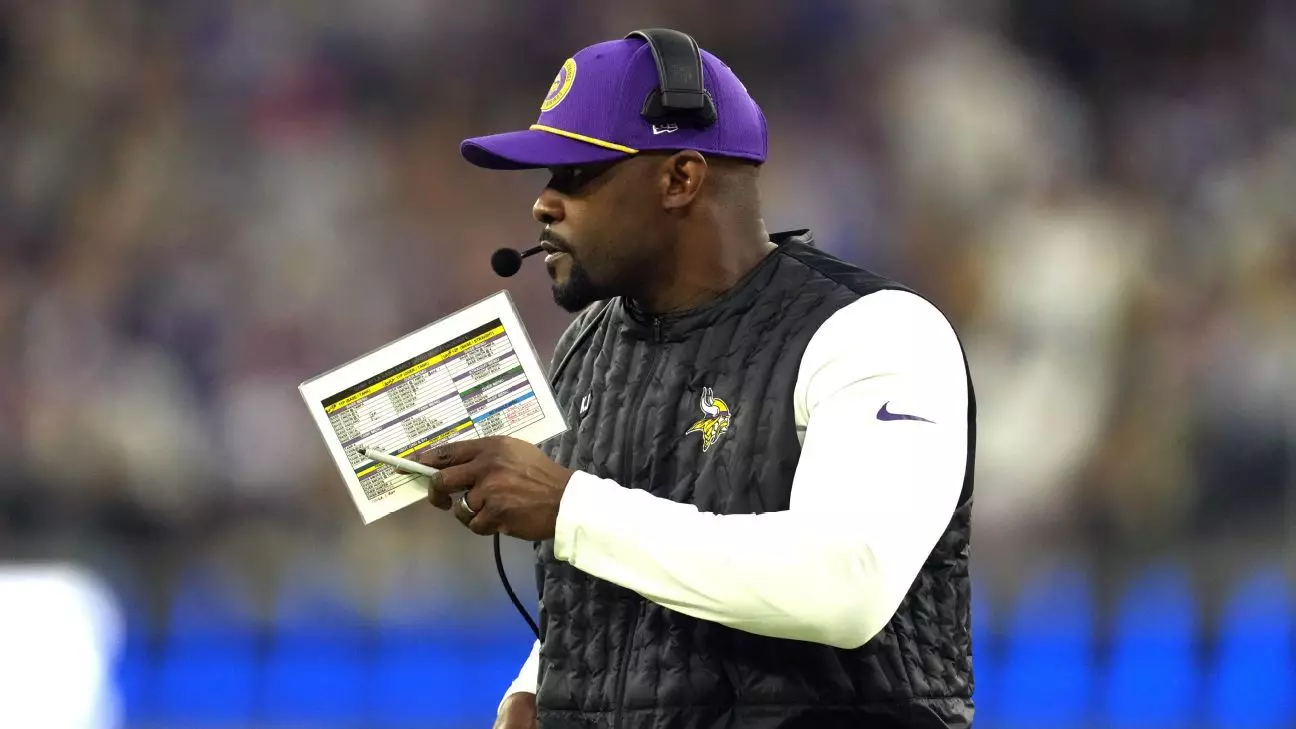The recent decision by the 2nd U.S. Circuit Court of Appeals marks a seismic moment in the ongoing struggle against racial injustice in professional sports. For too long, the NFL has operated under a veil of secrecy, using arbitration clauses that shield its systemic bias from scrutiny. The court’s ruling exposes glaring flaws in the league’s internal justice system, asserting that the NFL’s arbitration process is fundamentally flawed and biased—a decisive blow against a league that has historically marginalized Black coaches and staff.
This ruling fundamentally questions the legitimacy of the NFL’s self-regulated dispute resolution mechanisms. When claims of racial discrimination are sent into a black box, with the commissioner serving as the sole arbitrator, justice becomes a farce. The court’s recognition that these arbitration procedures do not meet legal standards is a victory for transparency and accountability. It implies that the NFL’s arbitration clauses may no longer be shielded from legal challenge, setting a precedent that could ripple across industries plagued by similar injustices.
Apparently, the league’s defense—claiming its processes are fair and binding—was unconvincing in the eyes of the court. Instead, the appellate panel called out the NFL’s arbitration setup for lacking independent oversight, rejecting the notion that such an internal process could provide genuine justice. This is a stark reminder that systemic biases are often perpetuated through procedural loopholes designed to protect the powerful, not to serve fairness.
A Landmark Case Reflects Broader Societal Struggles
Brian Flores’s lawsuit transcends individual grievance; it symbolizes a broader fight against entrenched racial disparities in the NFL. His courage to challenge the league publicly underscores the importance of confronting institutional prejudice head-on. When he alleges that the league is “rife with racism,” it echoes a painful history of marginalization faced by Black athletes, coaches, and executives.
Flores’s experience highlights a recurring pattern: talented Black professionals are often hindered by opaque hiring practices, biased evaluation criteria, and a reluctance to promote diversification beyond superficial measures. Despite the growing presence of Black players, representation among coaching ranks remains depressingly low. This mismatch underscores a discomfort within the league—a reluctance to fundamentally change the power structures that exclude marginalized voices.
The court’s recognition of Flores’s claims, as well as those of other Black coaches, signals a potential shift. It challenges the NFL’s long-standing narrative that disputes involving race are best handled internally. The legal recognition that arbitration mechanisms are being weaponized to silence legitimate grievances adds urgency to the call for reform—not just in football, but across all American workplaces.
The Fight for Justice Is Both Personal and Political
Flores’s narrative is more than just legalese; it is a reflection of individual bravery confronting systemic inertia. His willingness to risk his career by speaking out demonstrates an understanding that change often requires sacrifice. For him, pushing through the legal and societal barriers represents hope for future generations of Black coaches and employees.
His case highlights the inherent contradiction in the league’s stance: an organization that profits immensely from Black athletes and fans yet remains largely resistant to nurturing Black leadership. The fact that Flores, with his credentials and experience, faces such hurdles points to a broader issue—racial inequality is woven into the fabric of NFL culture, reinforced by practices that are difficult to challenge.
The court’s decision, alongside Flores’s ongoing fight, underscores an uncomfortable truth: true progress requires dismantling the very structures designed to suppress marginalized voices. The NFL’s internal arbitration process has served more as a shield than a shield that ensures fairness. Recognizing this flaw is a necessary step toward fostering genuine accountability, but it’s only the beginning. Long-lasting change demands a cultural overhaul—one where justice is not obscured by corporate interests or protected by procedural loopholes.
In essence, the NFL’s struggles are a mirror to society’s wider battles—resisting complacency, confronting entrenched prejudice, and demanding transparency. While victories in court are significant, the ultimate victory lies in real change—an league that values diversity not as a token gesture, but as a core principle. Only then can the NFL truly live up to its potential as a protector and promoter of equality, rather than a relic of systemic discrimination.


Leave a Reply